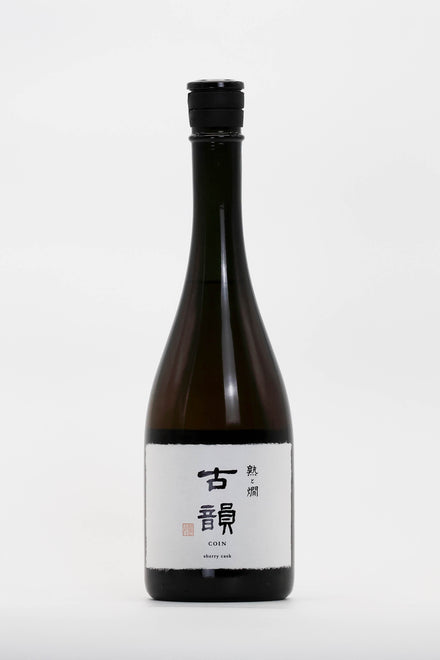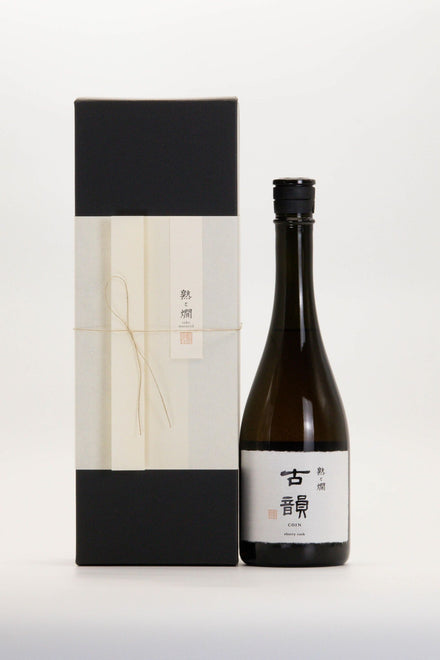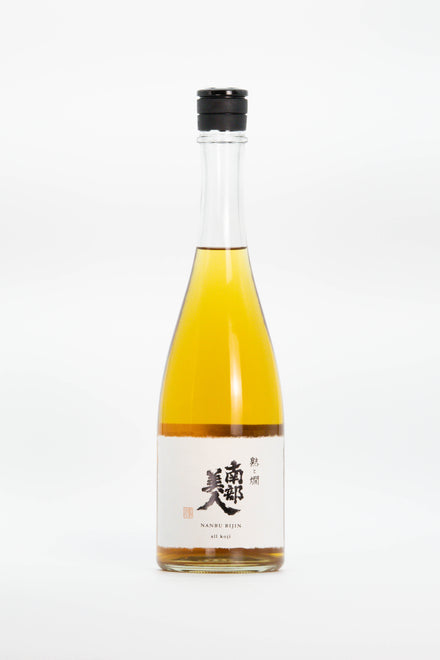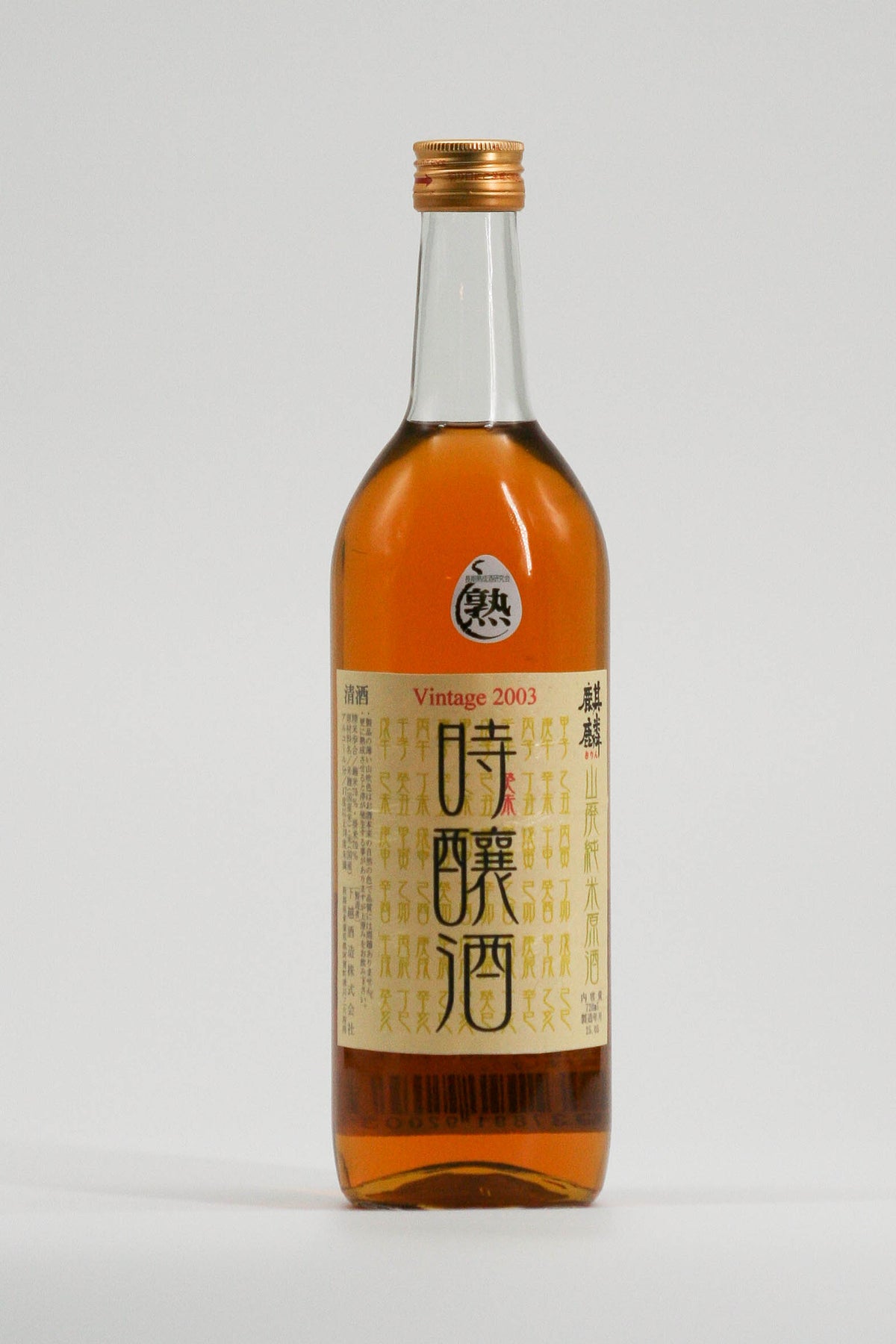
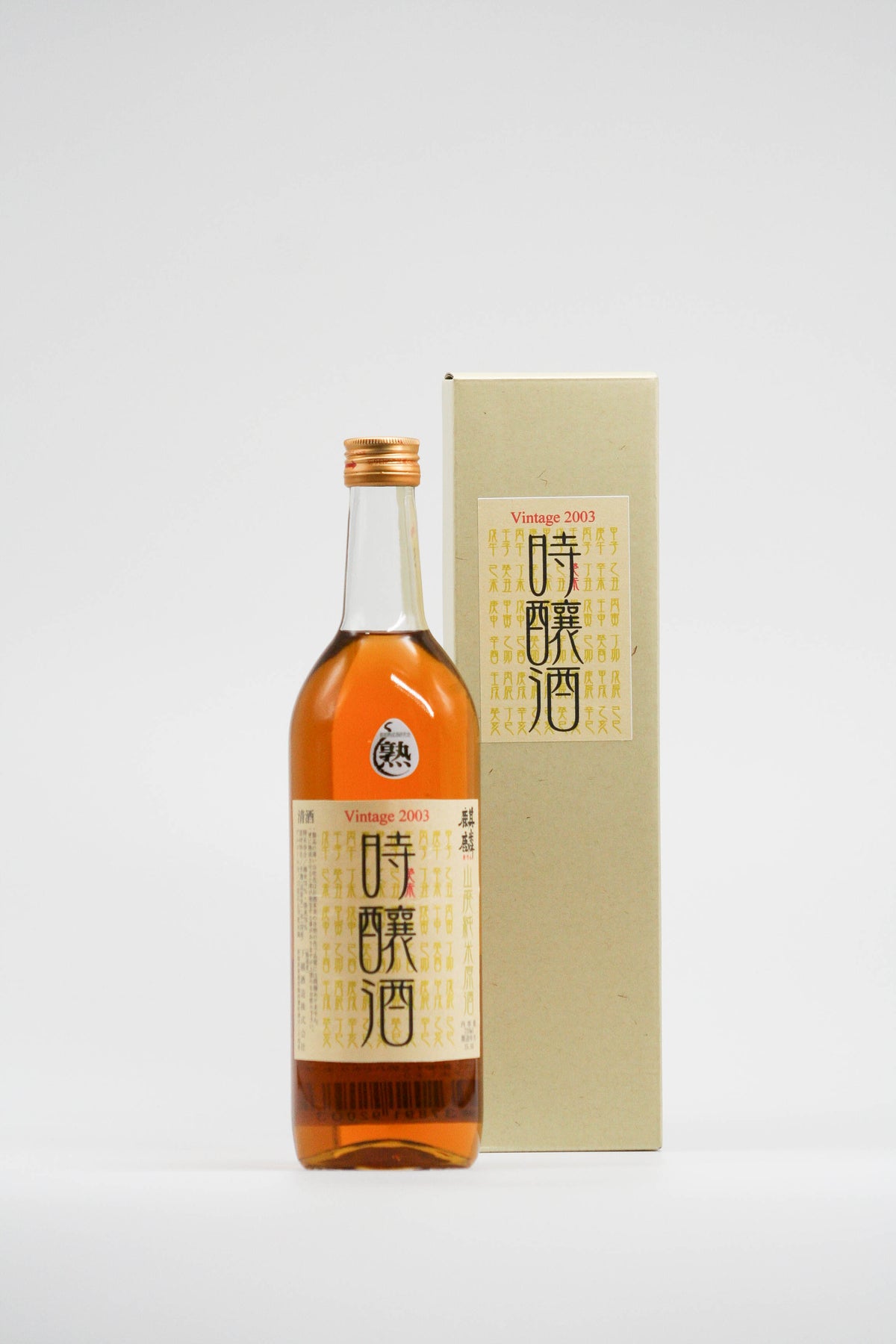
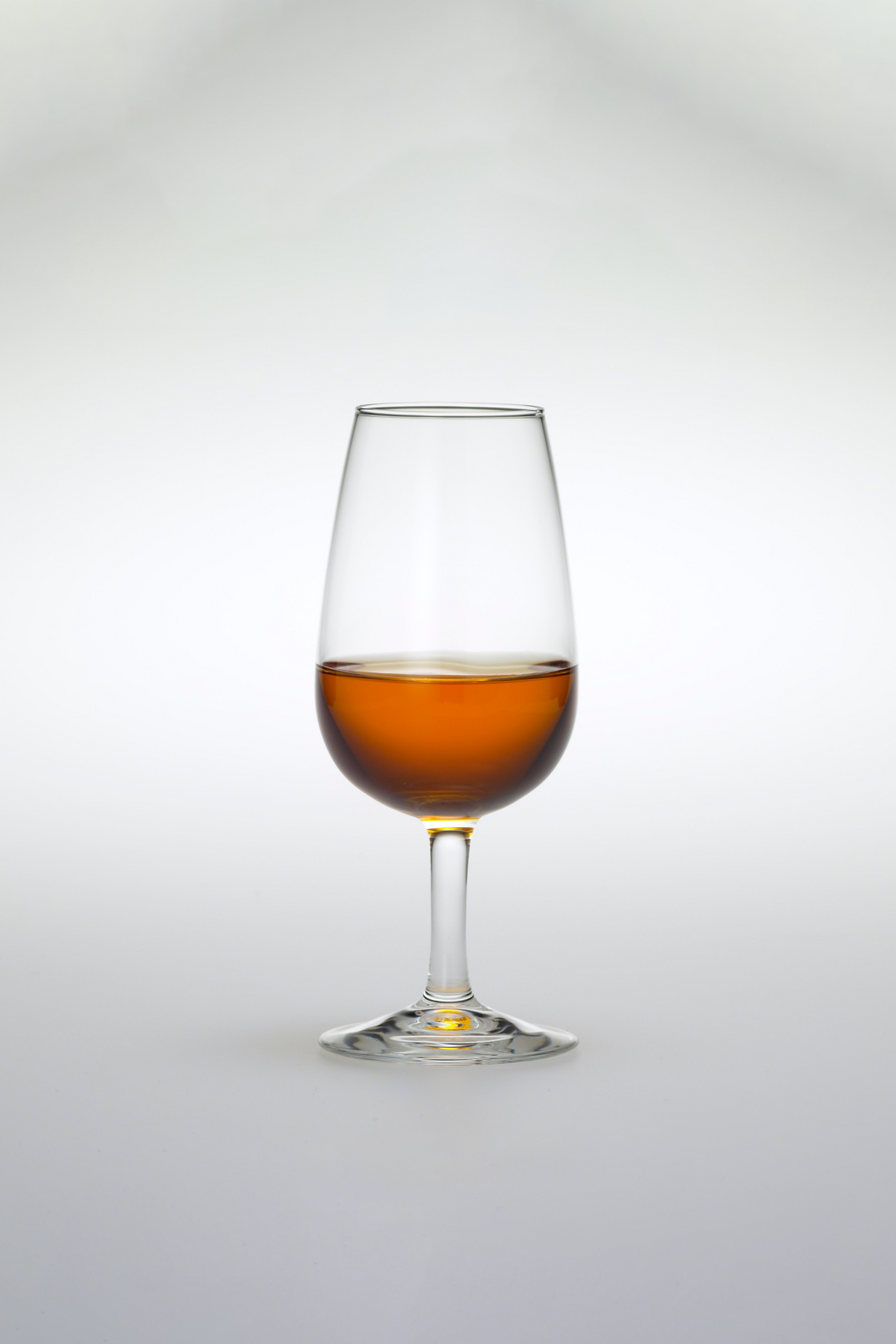
This sake has been specially designed to enhance its appeal with age and is matured at room temperature. The brewery's intention is reflected in the product name, Jijoshu (brewed by time).
Kirin Jijoshu 2003
| Vintage | 2003 |
| Years aged | 20 years |
- 10 years or more
- 2000-2009
- 5,000 - 9,999 yen
- All Products
- Golden yellow
- With dessert and/or as an after-dinner drink
- Brewer:Kaetsu Sake Brewery
- Alcohol:Between 17 and 18 degrees
- Volume:720ml
Couldn't load pickup availability
[ Drinking alcohol under the age of 20 is prohibited by law. ]
Shimotsuke Sake Brewery has previously attempted to make sake from the Genroku period(1688-1704) in their continued endeavor to craft sake rich in components that can be matured at room temperature.
The brewery's recipe is designed to balance and enhance the sweetness and acidity necessary for rich sake maturation: an ancient Kimoto starter method with proprietary yeast No.7, a delicious Junmai made with Yamada Nishiki sake rice (rice polishing ratio 70%), and an extremely high, 99% ratio of Koji to white rice.
This sake has a distinct aged aroma and flavor. We recommend pairing it with intense flavors like stew, hamburger steak with demi-glace sauce, and grilled eel.
- about
-
Type Pure rice sake (Yamahai style) Rice polishing ratio 70% Yeast type Karg701 Ingredients/raw materials Rice malt (domestic rice), rice (domestic) Rice type Yamada Nishiki Origin of rice Hyogo prefecture Toji(Brew Master) Etsuo Ino and Hisaaki Hasegawa Assemblage -
- Recommended occasions/temperature
-
- How to store
-
- Delivery dates and charges
-
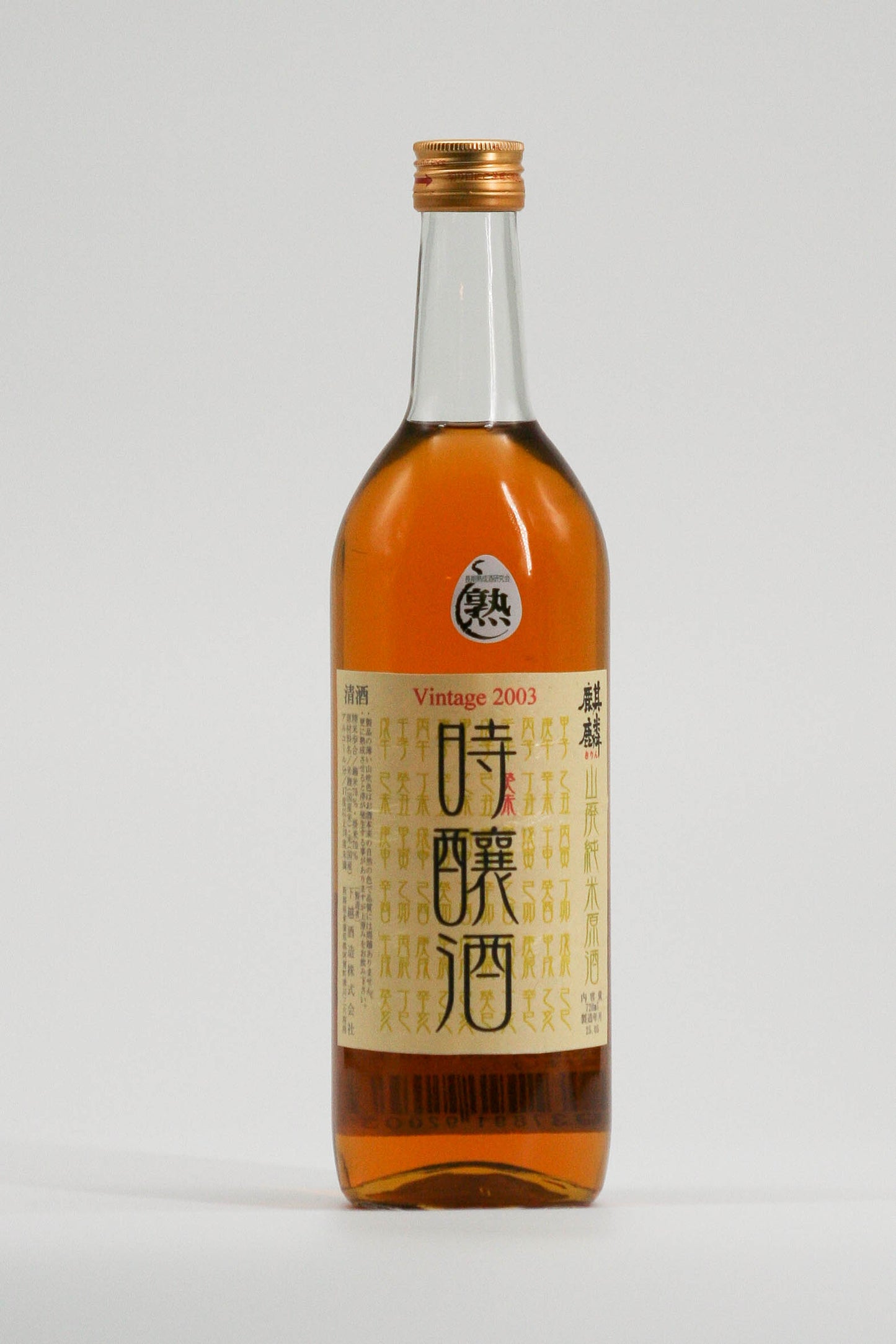
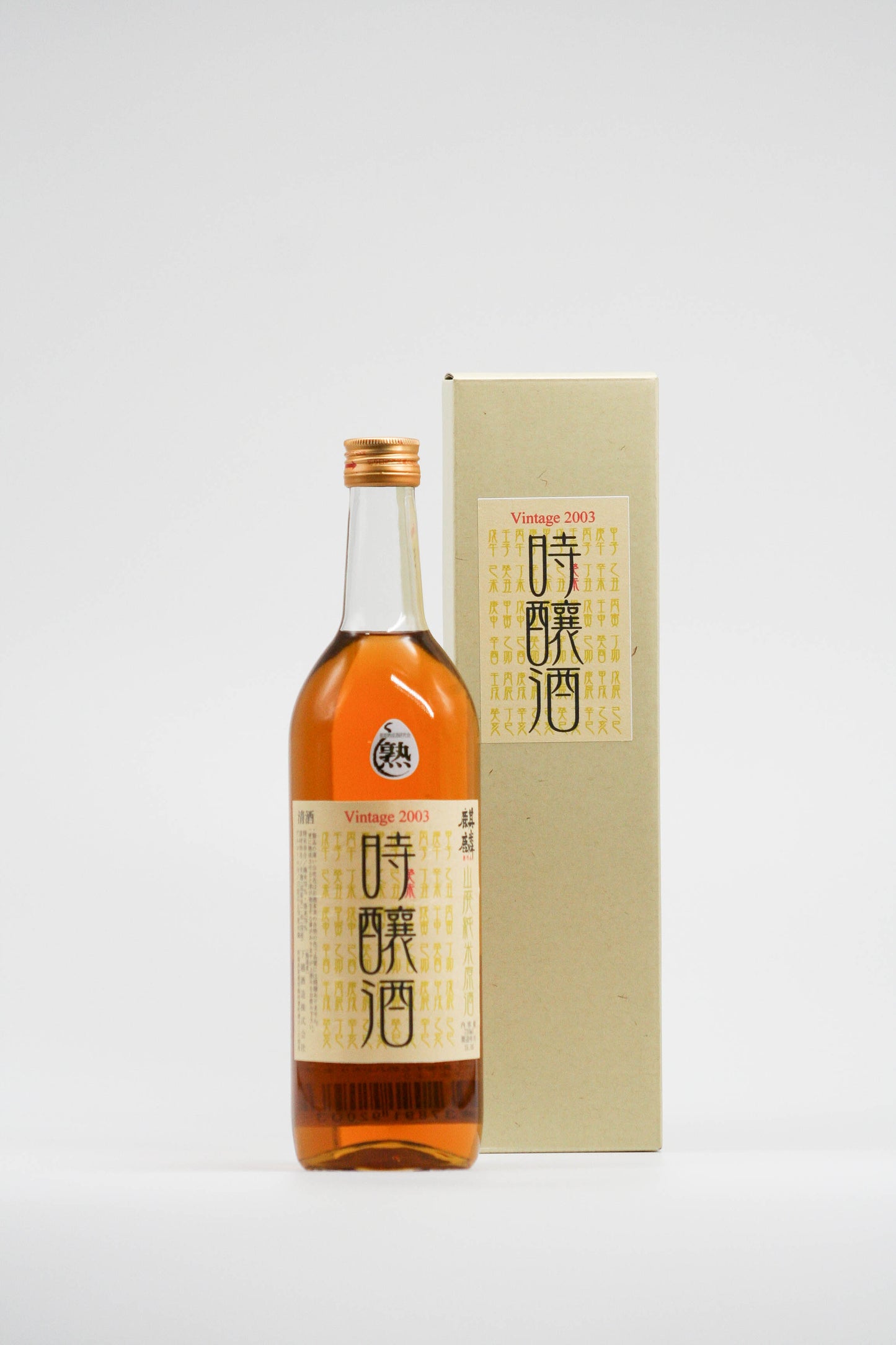
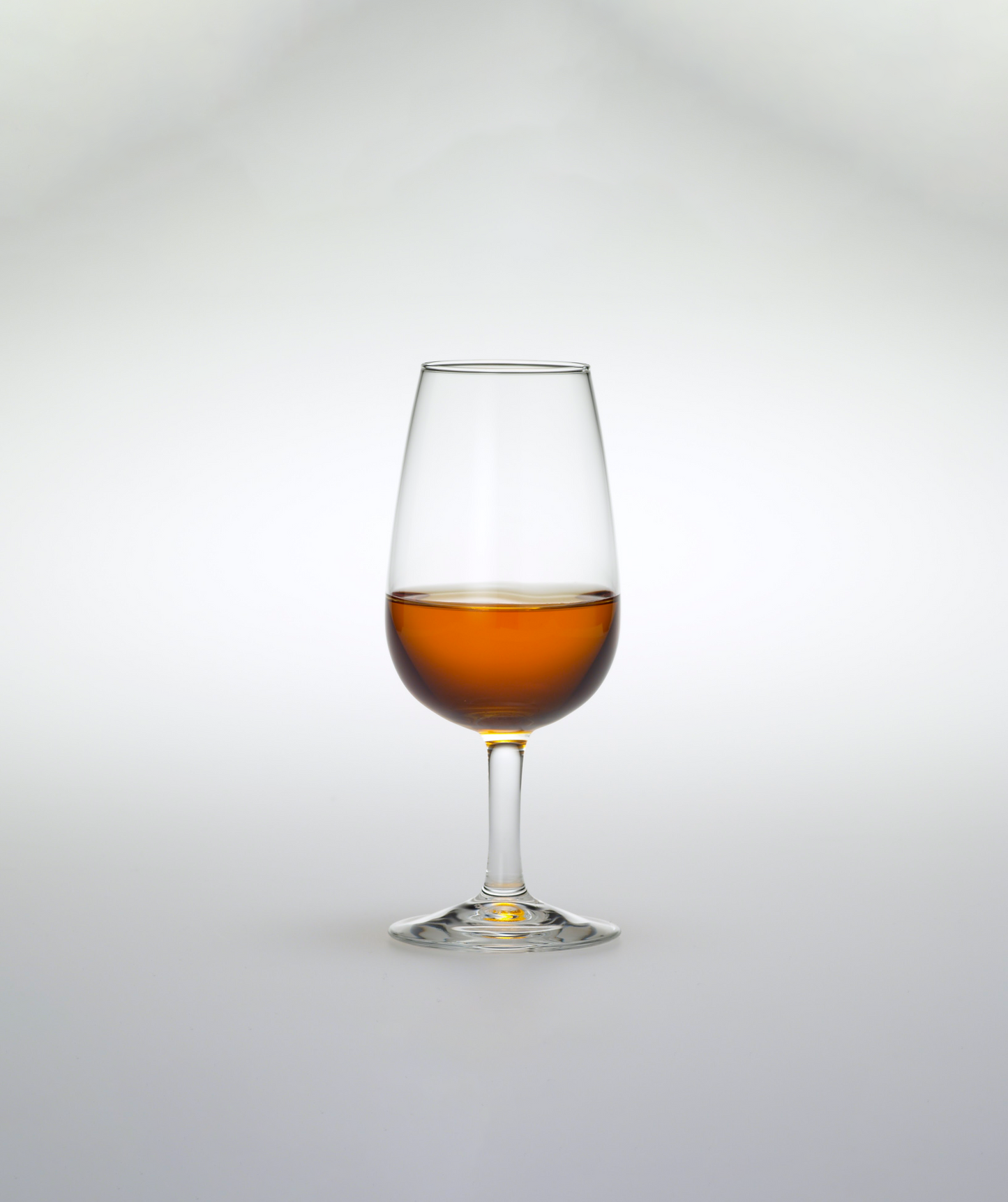
Tasting comments
-
Hidekazu Ishiwata
(Former National Tax Bureau Chief Appraiser)On the surface it has notes of straw and dried sweet potato, with sulfurous accents.
It has a sharp and refreshing acidity, and although the taste is a bit strong, it has a good crispness.
The best thing about this sake is its sweet, dried sweet potato-like finish. -
Akiko Toda
(Director of ITTEKI, Japan Sake and Meat Research Institute)It has an aroma reminiscent of Western liquors such as sherry and rum, and a fragrant taste like pop corn.
It's interesting how, in the mouth, the aroma changes completely, becoming a pungent, herbal scent.
It has a dry and sour taste, and would be interesting to pair with spicy dishes such as Cajun cuisine.
-
Yuji Yamauchi
(Yushima Tenjinshita Sushi Hatsu 4th generation / 1st JSA SAKE DIPLOMA competition winner)It has a complex, nostalgic scent reminiscent of a rural mountain hut, combined with a firmness that gives the impression of a good balance.
Take a small bite and enjoy the roasted barley and fragrant, full flavor. It has a sauce-like finish that can be combined with pickled radish and kanpyo, making it a fun match for food.
Brewer


Kaetsu Sake Brewery
Founded in 1880 in this area (Fukushima Prefecture), which flourished as an important river port connecting Aizu and Echigo. Moved to Niigata Prefecture in 1898. The shop name is ``Kanbaraya,'' and the house seal is ``〇: Boichi.'' During the war, the business was suspended due to corporate restructuring, but in April 1944, it restarted as Kaetsu Sake Brewery Co., Ltd. through a corporate merger. Leveraging the experience of the late chairman and the current president, both of whom have served as alcoholic beverage appraisers for the National Tax Bureau, we are committed to quality-oriented sake brewing without compromise.
At Kaetsu Sake Brewery, we have been putting effort into making Ginjo sake since the time of the late chairman, and the quality of the remaining sake exhibited has improved beyond our expectations by refrigerating it. Sales began in 2010 and continue to be continued to this day. During this time, I started participating in a long-term aging research group in 1985, and experienced the variety of aged sake produced by different manufacturing and storage methods.Since 2000, I have been selling vintage ``jijoshu'' that can be aged at room temperature. At the same time, we are also planning to resell Kojuku Old, an affordable aged sake blend.

